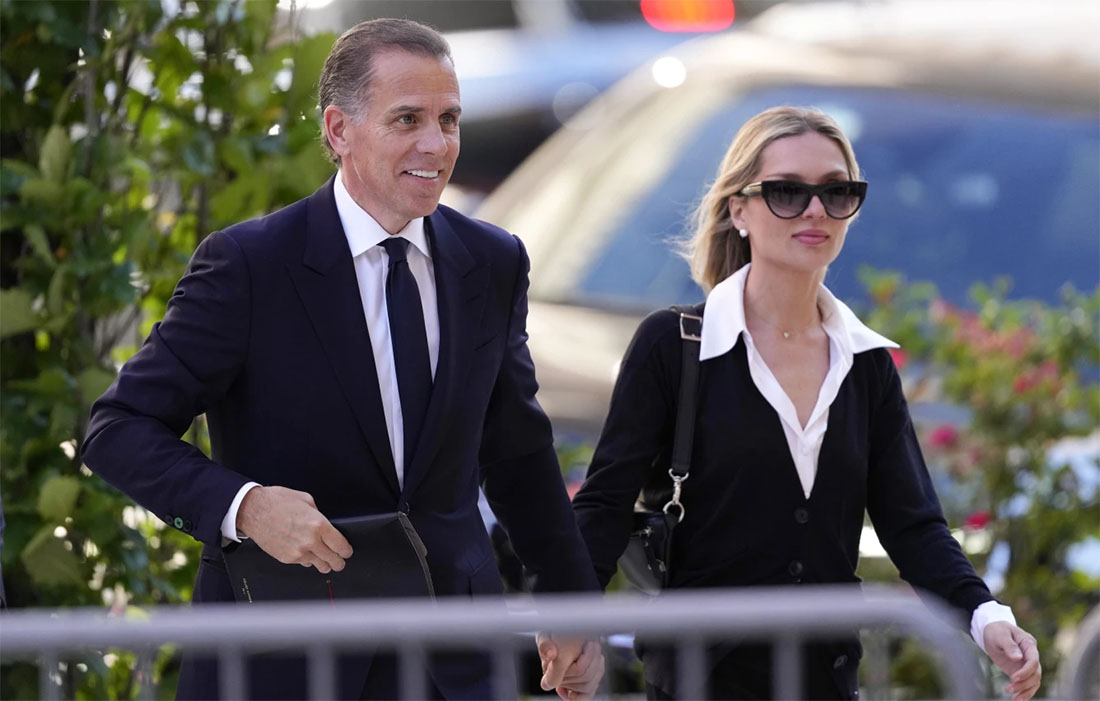Photo Credit: Getty Images
On Sunday, President Joe Biden made a controversial move by signing a full and unconditional pardon for his son, Hunter Biden, who faced federal charges related to gun possession and tax evasion.
This decision, which came just days before Hunter was set to be sentenced, marks a dramatic shift from earlier statements in which President Biden had ruled out such an action. Biden's official statement highlighted his belief that his son was "selectively and unfairly prosecuted," a claim that resonated with supporters but sparked significant political backlash.
Hunter Biden's legal troubles began earlier this year when he pled guilty to tax offenses amounting to $1.4 million in unpaid taxes and was convicted on three federal gun charges. The tax case centered around his failure to pay taxes while struggling with addiction.
In a statement defending his son, President Biden pointed out that such charges are rarely brought to trial without additional aggravating factors, emphasizing that Hunter's case was unique due to his family connection. "Those who were late paying their taxes because of serious addictions typically face non-criminal resolutions," Biden argued.
The pardon encompasses all federal offenses committed by Hunter between January 2014 and December 2024, including any charges that have yet to be filed. In his explanation, President Biden stated that political opponents instigated the legal scrutiny, which led to a situation where his son faced disproportionate legal challenges.
Hunter, for his part, acknowledged his past mistakes, attributing them to his battle with addiction and vowing to use his second chance to help others facing similar struggles.
The decision has ignited intense debate. Republicans, led by figures such as House Oversight Committee Chairman James Comer, have criticized the pardon as a form of political favoritism, accusing the Bidens of evading accountability for corruption. Critics argue that the pardon reflects a broader issue of a two-tiered justice system, with one standard for the powerful and another for everyday citizens.
This development also reignites questions surrounding Joe Biden's involvement in his son's business dealings, particularly in Ukraine and China, which were part of the broader investigation into Hunter's financial activities.
Although the president has repeatedly denied any involvement, evidence and testimony suggest his connections to Hunter's foreign business associates during his time as vice president.
In response to the pardon, Hunter Biden expressed his gratitude, acknowledging the hardships he had faced publicly and personally. "I will never take the clemency I have been given today for granted," he said.
The pardon's timing coincides with significant political transitions, including Donald Trump's anticipated return to the White House. Republican representatives swiftly condemned the action, with figures like Marjorie Taylor-Green calling Biden "a liar and a hypocrite." The move has intensified existing political tensions surrounding the Biden family's business dealings and Hunter's professional history.


